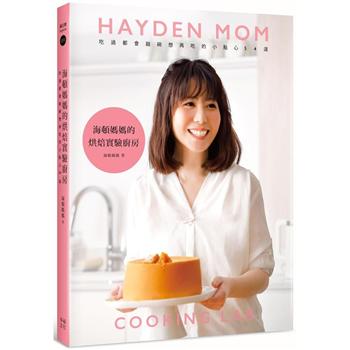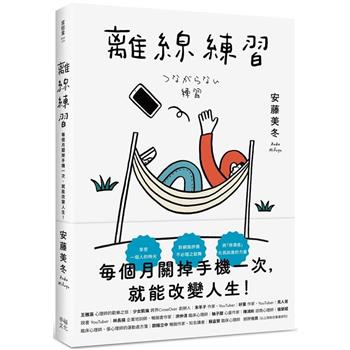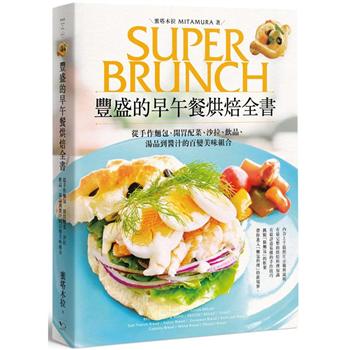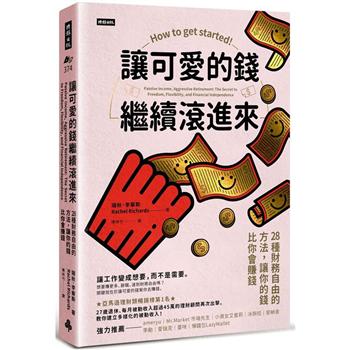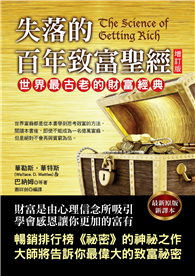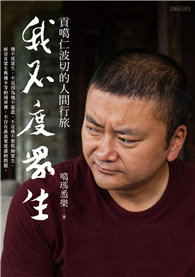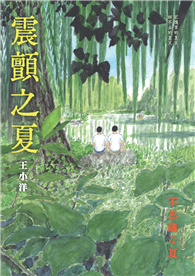This book provides a concise introduction to the intellectual trends in contemporary Chinese literature from the 1950s to the 1990s and the influence of overseas Sinology.
The turbulent period of the second half of the 20th century in China witnessed a significant societal shift from a revolutionary to an economic focus. This transformation introduced and stimulated various ideas, reshaping public thought and reconstructing the historical landscape of contemporary Chinese literature. This book explores the response and self-exploration of domestic literary studies of the period, which were heavily influenced by the Western academic tradition and overseas Sinology studies. It examines critical phenomena, figures, and events in this context. The author’s narrative vividly illustrates the interplay and dialogue of factors such as revolution, reform and opening up, and the rise of literature in the 1980s and 1990s. Combining the methodologies of literary and social history, and integrating personal historical experience with rigorous academic methods, this book provides a unique research framework for revisiting the cultural scene of the period.
The title will appeal to scholars and students of contemporary Chinese literature and history. It will also attract general readers interested in Chinese culture and society in the 1980s and 1990s.

